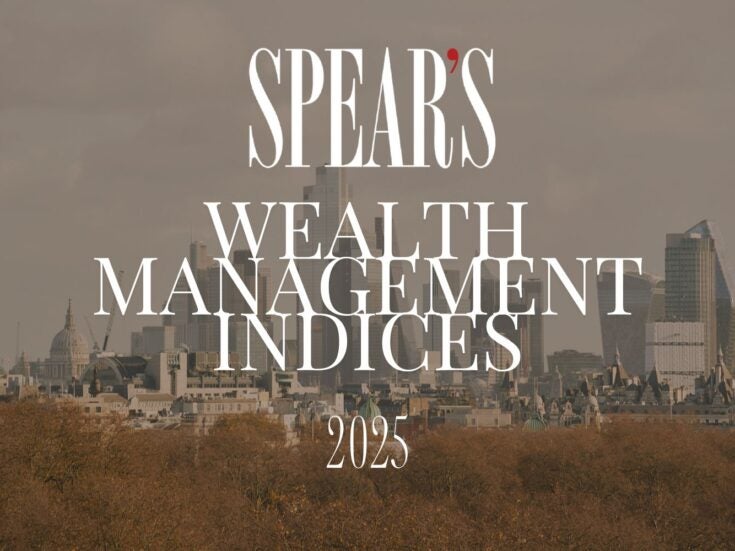
Crushed Ice
While Iceland’s economy has come back at a clip since its 2008 collapse, its political crisis is boiling under the surface like a geyser ready to blow, says Mark Nayler
THE EXAMPLE OF Iceland is meant to be instructive: a horrendous economic crash, bringing down the banks and drawing out the people on to the streets, a government falling, the purging of bad blood from the system and the rapid return to health. But although Iceland has avoided the PIGS’s problems of widespread poverty, unemployment and homelessness thanks to its quickly-improving economy — 4.5 per cent in Q1 2012 — Iceland’s return to political health is much more fraught.
While the former prime minister has been prosecuted for his role, some see that as a symbolic, ineffective lynching. While a new citizen-drafted constitution is currently before the government, if the problem was not political, how is this the solution? Iceland’s rejuvenation may only be skin-deep.
Iceland’s crash was swift and dramatic: in a few days at the beginning of October 2008, the country’s three biggest banks, accounting for around 85 per cent of the sector, collapsed along with the Icelandic krona. Bloated banks were running balance sheets ten times higher than the country’s GDP, so Iceland’s taxpayers, even if willing, would have been unable to rescue the fallen giants of Kaupthing, Landsbanki and Glitnir (who sound like Wagnerian giants).
The government immediately nationalised the banks, but it was a case of much too little, far too late. The IMF had to provide Iceland with a €3.4 billion bailout package — the first time in history it had done so to a Western country.
The political fallout was equally rapid. Furious protestors threw rocks at the parliament buildings in Reykjavik, a city suddenly scarred with closed shops and bankrupt businesses. To control the angry demonstrations, tear gas was used in the country for the first time since 1949, but the people’s message got through.

Prime minister Geir Haarde announced the resignation of his half of the coalition government, the right-of-centre Independence Party, and power was handed over to the Social Democratic Alliance, with Johanna Sigurdardottir becoming PM. In 2009 the Social Democrats joined forces with the Left-Green Movement, forming the bickering coalition that has since been the steward of the country’s troubled economy.
HAARDE’S SUBSEQUENT TRIAL for his role in the financial collapse, touted as an example of a country holding its top people to account for a financial crisis, was little more than political game-playing, observers say. In fact, many in Iceland want the Independence Party back, having little faith in the ability of the current government to restore the economy to long-term prosperity.
In a process that Dr Jon Danielsson of the London School of Economics calls ‘a political rather than justice-based prosecution’, the Special Investigation Committee (SIC) of the Icelandic parliament initially suggested that three other former ministers should stand trial for their roles in the crash. In the end, none of them were prosecuted.
Thorolfur Matthiason, a professor of economics at the University of Iceland, concurs with Danielsson in his verdict on the trial, calling it a ‘circus’. It was, he says, ‘tainted and not straightforward, to put it mildly. Really, the whole process would have been much more convincing had those three also been put to court.’
The half-hearted nature of the trial was reflected in the final verdict, with Haarde being found guilty in April 2012 of not holding enough cabinet meetings to discuss the crisis, a charge from which, rightly, no punishment will follow. As Danielsson says, ‘Unless a minister actually does something malicious, it’s dubious to prosecute them. Ministers fail to do the right thing all the time, in every country.’
The SIC singularly failed to pick up on shady dealings before the crash. Some figures in the coalition became enormously wealthy after the banks were privatised, or kept their seats on the banks’ boards, or both. One, with hardly any private sector experience, became an overnight billionaire.

Another politician had been given a conditional prison sentence in the 1980s, so parliament worked a bespoke clause into the 2002 banking legislation which allowed banks to be owned by persons not convicted of crimes in the past five years. Together with his son, this man bought Landsbanki. Next to such deep political corruption, Haarde’s failure to hold enough cabinet meetings looks pretty tame.
Illustration by Kyle Smart
MANY SENIOR MEMBERS of the Left Green Movement, the minority party in the coalition, were educated in East Germany before its collapse in 1990 and hold ‘very strong far-left views’, according to Danielsson. They are strongly opposed to foreign investment — hardly a positive omen for economic growth — but a change in government would open up the way again for foreign investment. For this, many are pinning their hopes on the next parliamentary elections in April 2013.
For wider reform, the people are looking to the new constitution. After a national vote, 25 Icelandic citizens were chosen from 523 applicants to form a Constitutional Assembly. In a national referendum on 20 October, two-thirds of voters supported the draft bill they have drawn up, which is now before parliament; if accepted — and Sigurdardottir hopes it will be on Iceland’s national day, 17 July — it will be the first constitution in history created with complete transparency and citizen participation.
The constitution contains some sweeping measures, most importantly the introduction of similar-sized constituencies, rather than the wildly divergent current ones which mean some MPs need far fewer votes to be elected than others. Throvaldur Gylfason, formerly an IMF economist and now a professor of economics at the University of Iceland, is a delegate to the Constitutional Assembly and explains the drive for equality that lies behind such proposals: ‘It is a declaration of purpose by the people. This is why the preamble begins with these words: “We, the people of Iceland, wish to create a just society where everyone has a seat at the same table.”’
This is a noble aim, but some argue that the bill will not have an economic impact as constitutions rarely apply to financial institutions. Danielsson argues that a ‘constitution is about principles, and [Iceland’s problems] are not constitutional in character. I very much doubt whether it will have any material impact.’
The constitution will not directly impact on the banks, but Gylfason is optimistic that change will filter through to the financial sector once is the bill is passed: ‘By strengthening checks and balances within our parliamentary system, we’ll restrain the hitherto almost omnipotent executive branch and raise professional standards in administration. It is hoped that, as a result, Russian-style bank privatisation will be less likely to take place again in the future.’
Iceland’s economic growth in early 2012 was an indicator of a return to better times, but its continued recovery will be far from straightforward, and there is uncertainty to overcome. The people, though, have a quiet optimism that makes Iceland’s renewed prosperity a very real prospect. As Gylfason says, ‘My hope is that the new constitution, if ratified, will make Iceland a better place to live and less prone to man-made disasters.’
Read more by Mark Nayler
Don’t miss out on the best of Spear’s articles – sign up to the Spear’s weekly newsletter
[related_companies]






